How to minimise the impact of rising heating oil prices
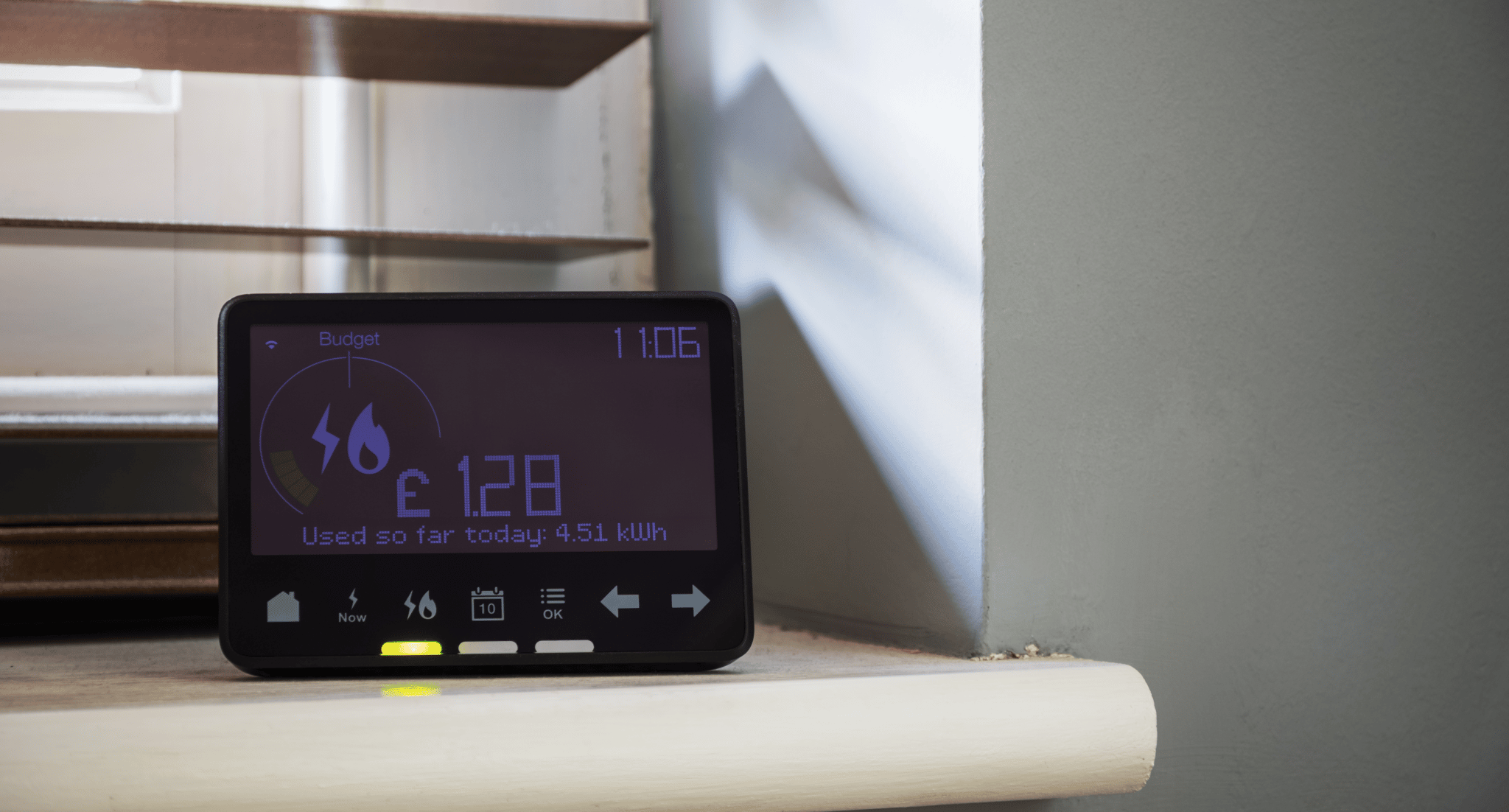
Domestic heating bills naturally fluctuate depending on the season and what’s going on in your home during that time. With the cost of living rising within the UK, including food, petrol and energy bills, domestic oil prices have naturally followed suit. For consumers in rural locations that rely on oil to heat their homes and fuel their appliances, how to maximise your oil is more valuable than ever.
As of July 2022, domestic oil prices peaked at 99p per litre*, the highest it’s ever been. For comparison, back in 2016, oil cost around 50p per litre of kerosene. This dropped further in 2020 due to COVID-19, before rapidly increasing with the loosening of lockdown and the returning demand for oil around the world. Meaning home heating oil prices have doubled over the last couple of years.
(*Data taken from which.co.uk.)

Why are heating oil prices so high?
There are several factors as to why home heating oil prices have increased. Some are determined by your own lifestyle such as the size of your household and the number of deliveries required, but there are many that we can’t control, including:
- Increase in demand
- Extreme weather conditions
- Delivery issues
- General oil costs and VAT
- Political conflict
- World events
- Global production issues
- Locational prices
Ways to minimise high heating oil prices
The good news is there are lots of ways to reduce your heating oil costs by making a few small changes. We’ve listed 5 of them below:
Buy heating oil in bulk
Like many shop-bought products, the unit price of oil tends to reduce when you buy larger amounts. Not only will this ensure a full tank, you’ll also save on delivery costs by choosing to have one large delivery rather than 2-3 small ones.
Buying in bulk also offers peace of mind that you don’t run the risk of running out of oil, especially during colder months when demand is higher. With a full tank, you can estimate when you’ll need your next delivery and book it early. It also saves you time searching for suppliers every time you need a top-up.
Look into oil contamination prevention measures
Heating oil is a valuable resource, even more so when you’re paying high prices for it! You, therefore, need to ensure you’re doing all you can to keep it usable. Not only does contaminated oil become wasted oil, but it can also damage your tank and boiler, causing costly repairs.
Water within your tank is a big contributor to contaminated water, and our blog provides top tips on how to prevent water from getting into your tank.
Look after your tank
…and your tank will look after you! Safeguarding your assets will simply save you money for the future. Oil theft is a common occurrence, especially with home heating oil prices increasing, so it’s important to make sure your tank is in a secure location.
Domestic oil tanks also need to be serviced once a year by qualified engineers, such as Oil Tank Plus. We can check your tank is functioning effectively and spot any early signs of concern; providing knowledgeable recommendations. In addition, you should regularly check the health of your tank in-between servicing to look out for any cracks, bulges or leaks that could contaminate your oil or cause potential breakdowns.
For more information on oil tank maintenance, take a look at our oil tank maintenance plans.
Level up
You might think filling the tank only when you really need to is the most cost-effective option but actually, it’s the worst thing you could do. If you let your oil get too low, not only could it become contaminated, it could damage your heating system and result in further expenses.
Deliveries are not always guaranteed for when you need them too, especially during cold spells or if demand is high within your area. You might end up running out of oil or paying extra for an emergency delivery. Whilst you’re doing your regular tank health checks note the level of your oil too. Once there’s about a quarter left in the tank, book in a delivery to get it filled up.
For more information, see how often you should fill your oil tank.
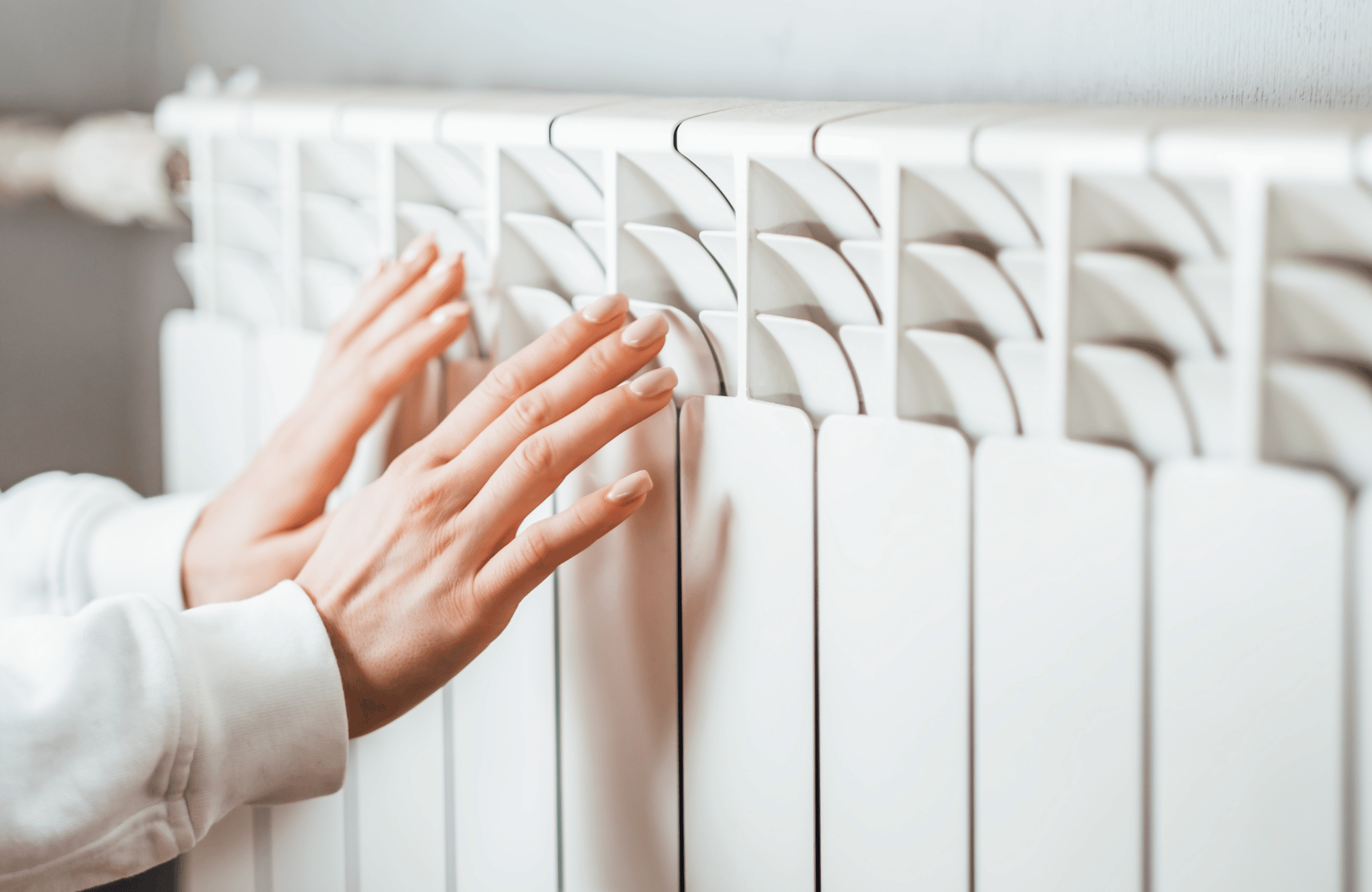
Other ways to reduce your energy bills
As well as doing all of the above to monitor your heating oil costs, there are changes you can do around your home to reduce the oil you use and generally help lower your bills:
- Monitor your usage to see where you’re wasting oil
- Check you have the right sized oil tank for your needs
- Research and compare heating oil supplier prices
- Look at swapping to energy-efficient appliances
- Make sure your boiler is functioning effectively
- Install or top-up loft insulation
- Combine oil heating with renewable energy
Find out more
From oil tank installation to buying an oil tanks, our friendly team is on hand to help you be cost-effective when it comes to heating your home. For more information, please get in touch.
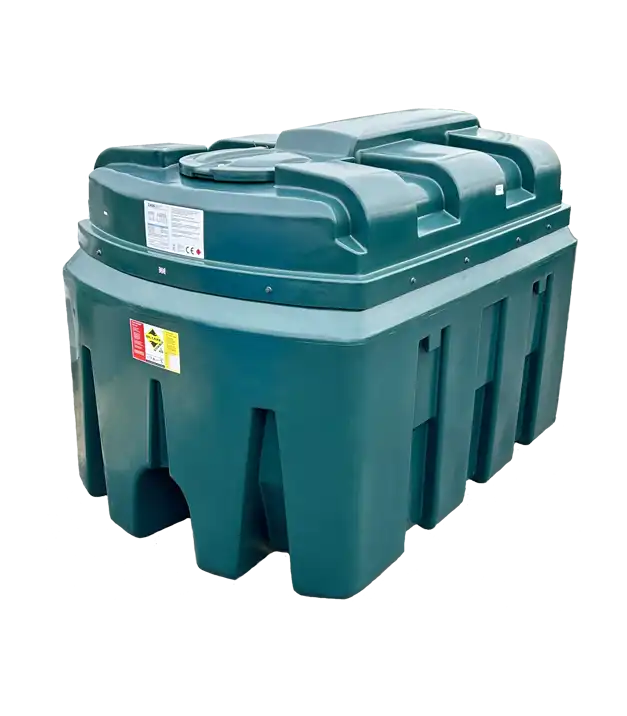
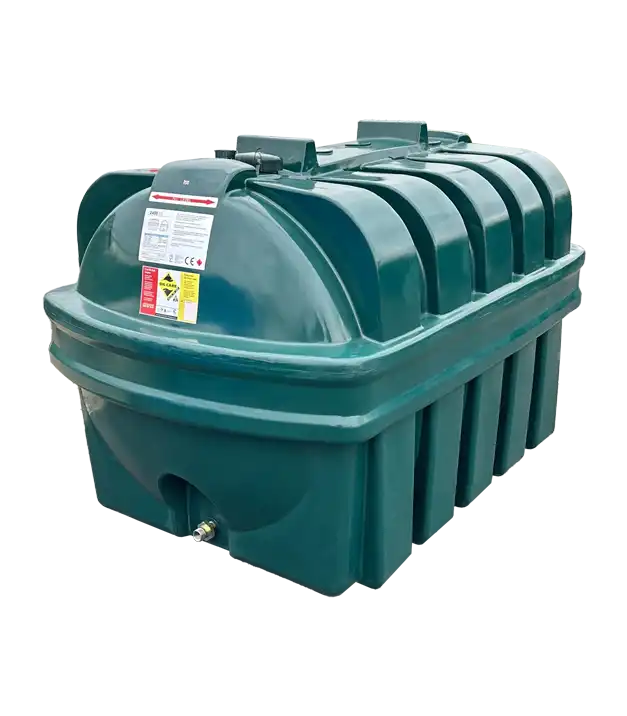
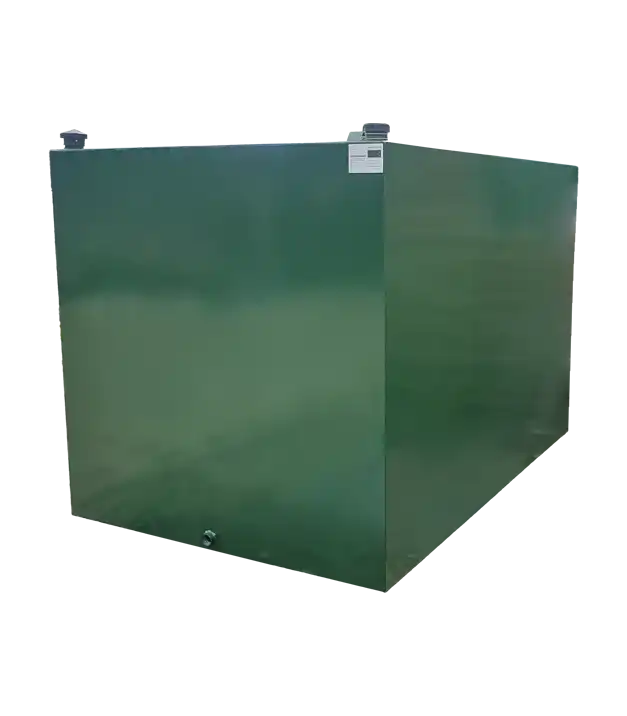
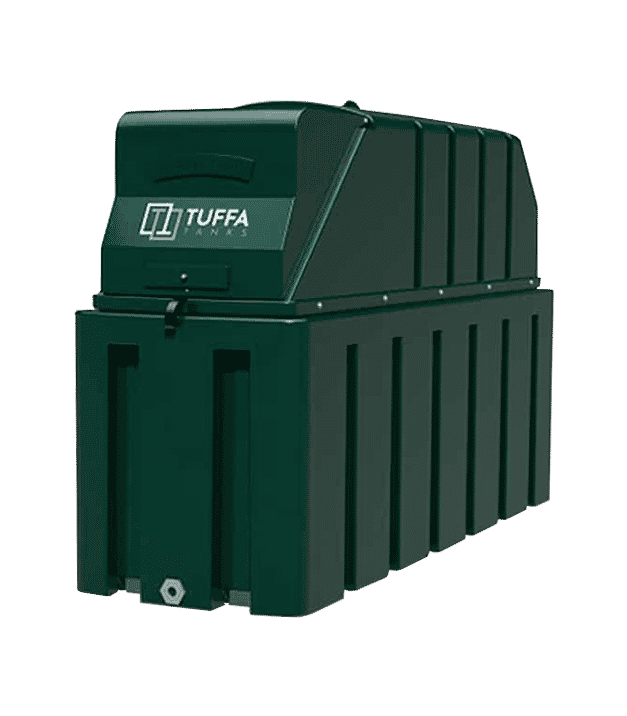
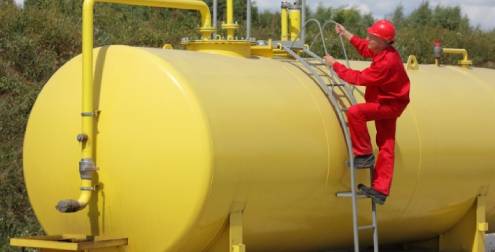
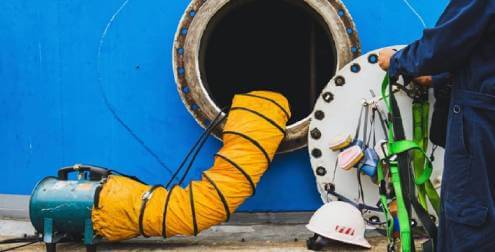


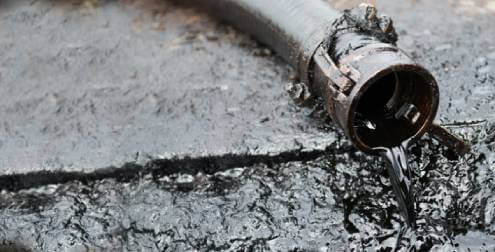
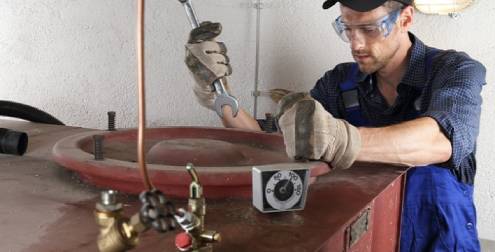

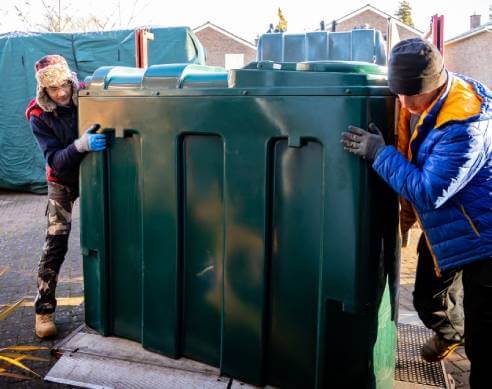
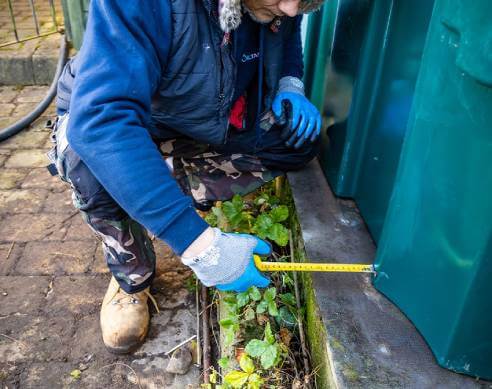


Share This: